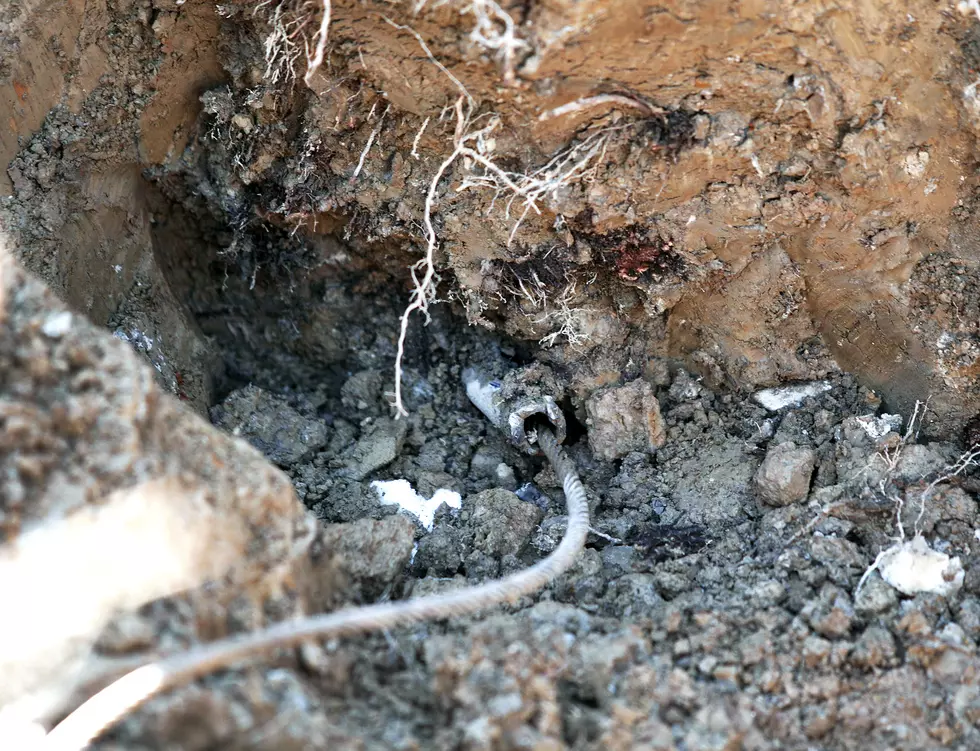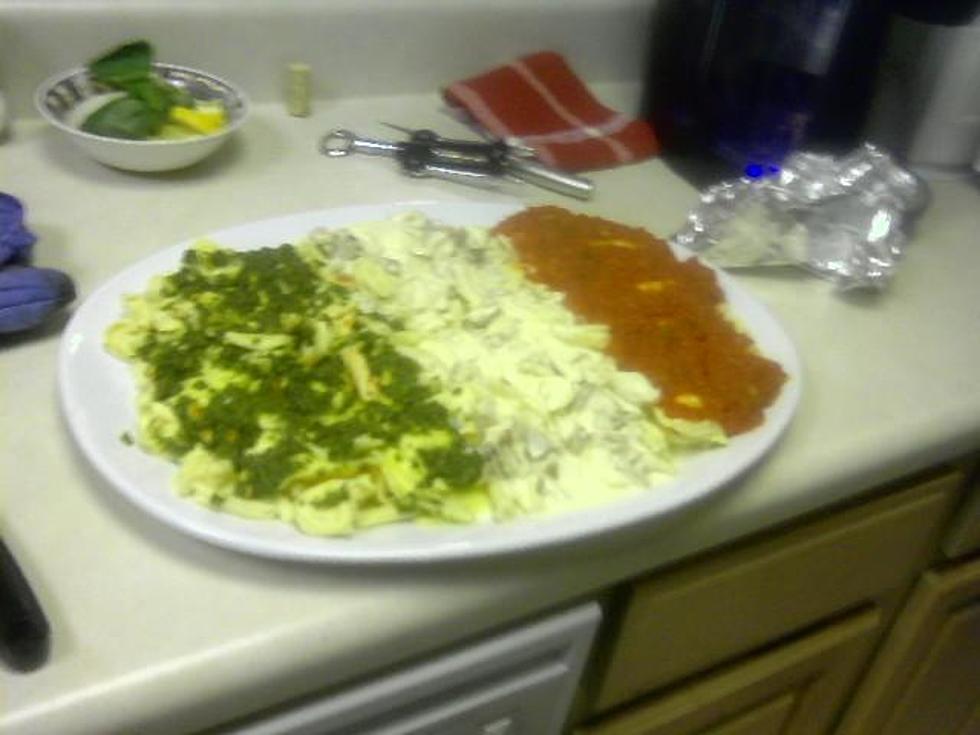
NJ’s lead water pipes a billion-dollar concern without a solution
At a Thursday budget hearing at the Statehouse, a lot of concern though no ambitious solutions about how to deal with lead leaching into drinking water through old service lines.
The American Water Works Association estimates there are 350,000 homes and businesses served by lead service lines in New Jersey. Replacements can cost $3,000 to $10,000, depending on the location and complexity.
At an average cost of $6,500, that would translate to $2.3 billion – plus the costs of identifying them. Across the state’s entire water infrastructure system, the Environmental Protection Agency has said the cost for needed upgrades could exceed $40 billion over 20 years.
Recently, the state allotted $30 million to forgive up to 90% of the principal for New Jersey Infrastructure Bank loans for lead service line replacements for eligible water systems, such as Newark, Trenton and Suez/Hackensack.
Environmental Protection Commissioner Catherine McCabe described that as “a limited pot” and that caps had to be put on the program last fall, when officials realized they were running low on funds.
“If you put together a total of the federal dollars, which are going up a little, and the state dollars, it is far exceeded by the need,” McCabe said.
The Newark, Trenton and Suez/Hackensack water systems are required to replace service lines because of the number of tests that have detected high lead levels. Other water systems have also asked the state for financial help. State Sen. Troy Singleton, D-Burlington, said it’s a huge statewide problem.
“Those lead lines, not only are they in our urban sectors but they’re in some of our rural areas. They’re all throughout our state,” Singleton said. “And the children and adults who have to drink the water through that, no matter the vehicle, wherever their ZIP code is, still face the same issues.”
Replacement costs are borne by homeowners for all work between the curb and the house. McCabe said Newark is helping subsidize that work so no resident pays more than $1,000 – still a significant sum.
“It is a big gap in our societal attention to this issue,” she said.
Earlier this year, the DEP directed all community water systems to submit estimates of their numbers of lead service lines. It is still waiting for responses from about 80 systems. McCabe said many simply don’t have accurate information and could use assistance from homeowners.
“You can actually figure it out yourself with a quarter, I’m told,” McCabe said. “If you go down and scratch the line and see if it’s shiny, where your intake comes to your main shutoff in your house.”
McCabe said any reports of high lead levels are forwarded to the DEP and are posted on the DEP’s ‘Drinking Water Watch’ website – “so anybody can see what’s going on in their town and their water system at any time.”
New Jersey: Decoded cuts through the cruft and gets to what matters in New Jersey news and politics. Follow on Facebook and Twitter.
Michael Symons is State House bureau chief for New Jersey 101.5 and the editor of New Jersey: Decoded. Follow @NJDecoded on Twitter and Facebook. Contact him at michael.symons@townsquaremedia.com
More From New Jersey 101.5 FM









